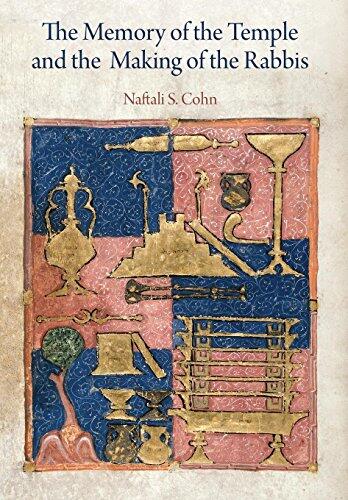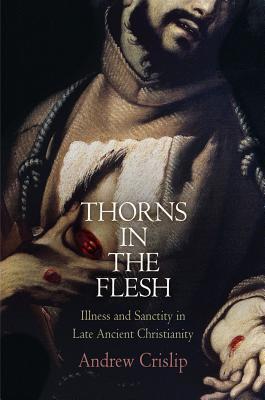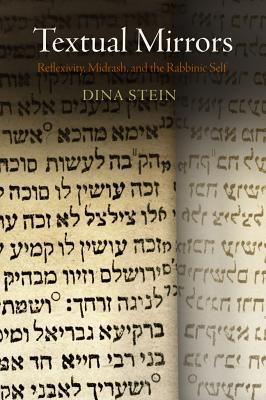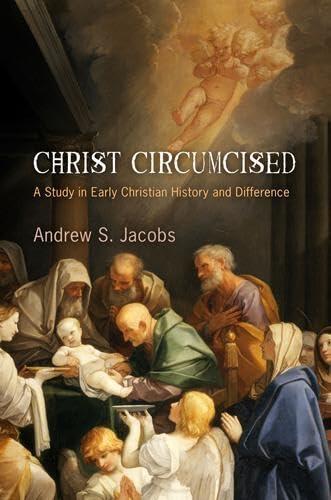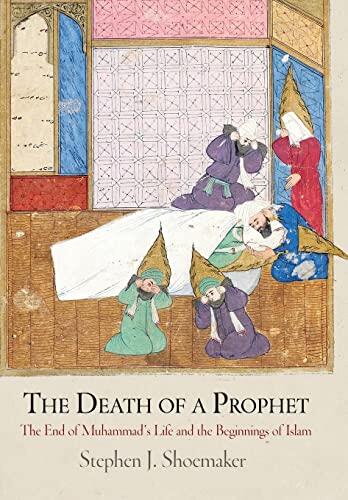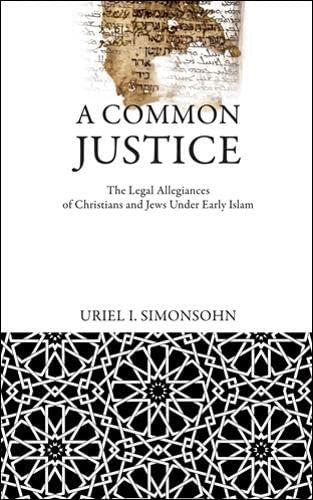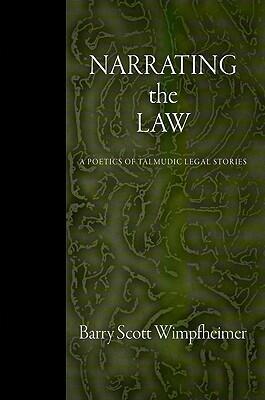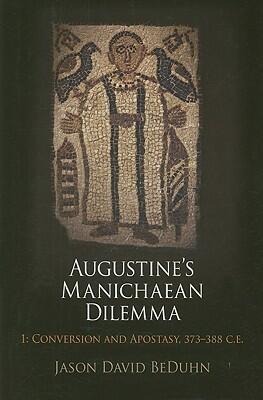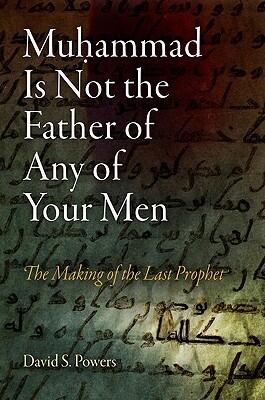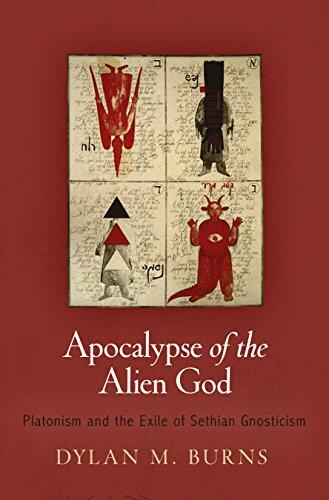
Apocalypse of the Alien God: Platonism and the Exile of Sethian Gnosticism
によって
Dylan M. Burns
まだ評価がありません
Science Fiction
Dystopian
Religion & Spirituality
+2
more
形式
ハードカバー
ページ数
344
言語
英語
公開されました
Feb 19, 2014
出版社
University of Pennsylvania Press
版
1
ISBN-10
0812245792
ISBN-13
9780812245790
説明
Dylan M. Burns delves into the intricate relationship between Platonism and Sethian Gnosticism, exploring the often-overlooked implications of their spiritual and philosophical exchanges. He presents a compelling narrative that situates Sethian thought within the vibrancy of late ancient intellectual currents, arguing that this dialogue profoundly impacted ideas of divinity and existence.
The study reveals how, during the Second Century, the boundaries between these philosophical traditions were fluid, allowing for a rich interplay of concepts that shaped religious and metaphysical thought. Through meticulous analysis, Burns emphasizes the significance of cultural context, drawing connections that illuminate the shared concerns of early thinkers grappling with the nature of the divine.
Furthermore, the book investigates the implications of the alien god motif, suggesting that it serves not merely as an abstract concept but as a critical lens through which to view the evolution of religious belief. By tracing these intellectual currents, Burns provides readers with a deeper understanding of the complexities and richness of late ancient religion, highlighting the relevance of these discussions for contemporary reflections on spirituality and philosophy.
The study reveals how, during the Second Century, the boundaries between these philosophical traditions were fluid, allowing for a rich interplay of concepts that shaped religious and metaphysical thought. Through meticulous analysis, Burns emphasizes the significance of cultural context, drawing connections that illuminate the shared concerns of early thinkers grappling with the nature of the divine.
Furthermore, the book investigates the implications of the alien god motif, suggesting that it serves not merely as an abstract concept but as a critical lens through which to view the evolution of religious belief. By tracing these intellectual currents, Burns provides readers with a deeper understanding of the complexities and richness of late ancient religion, highlighting the relevance of these discussions for contemporary reflections on spirituality and philosophy.
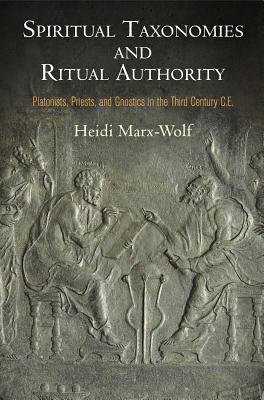
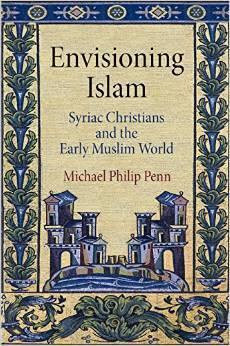
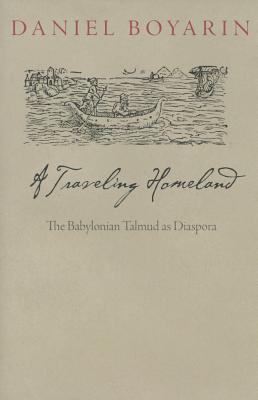

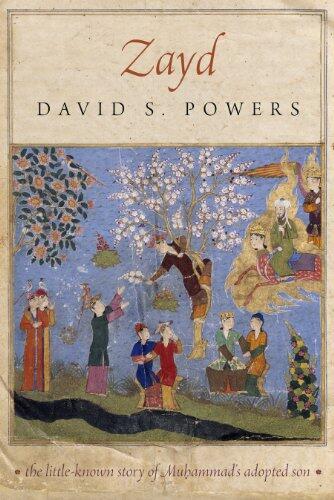
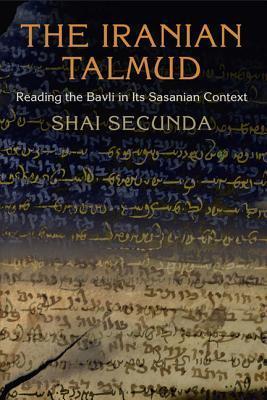
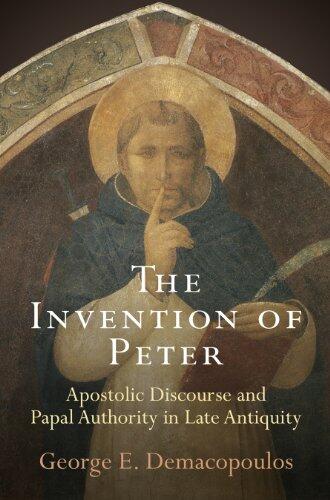
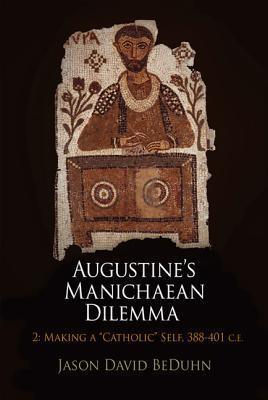
![[(The Memory of the Temple and the Making of the Rabbis)] [By (author) Naftali S. Cohn] published on](https://images.bookpine.com/d151b771-a838-4dc4-ae8a-e251f80410ad.jpg)
